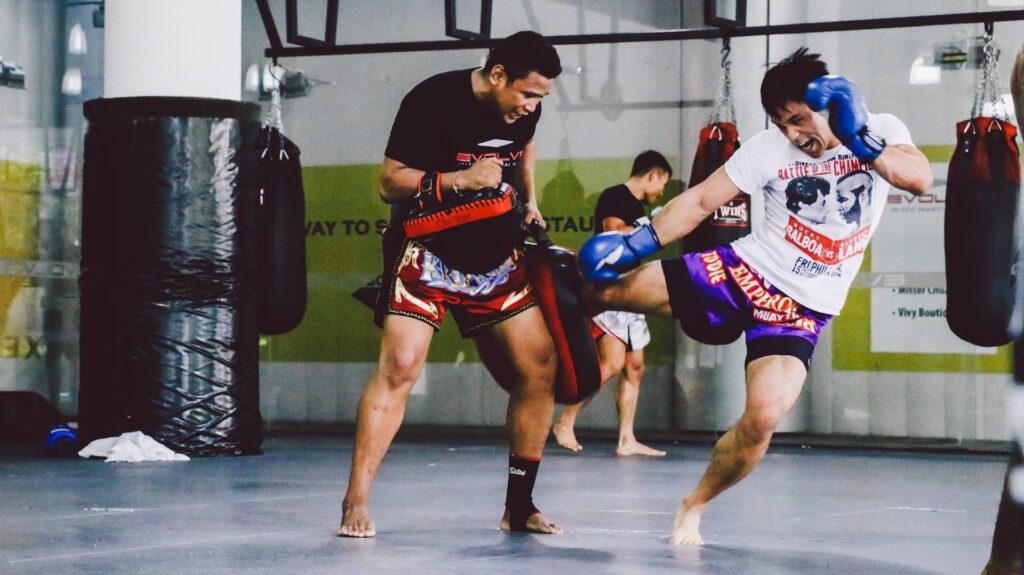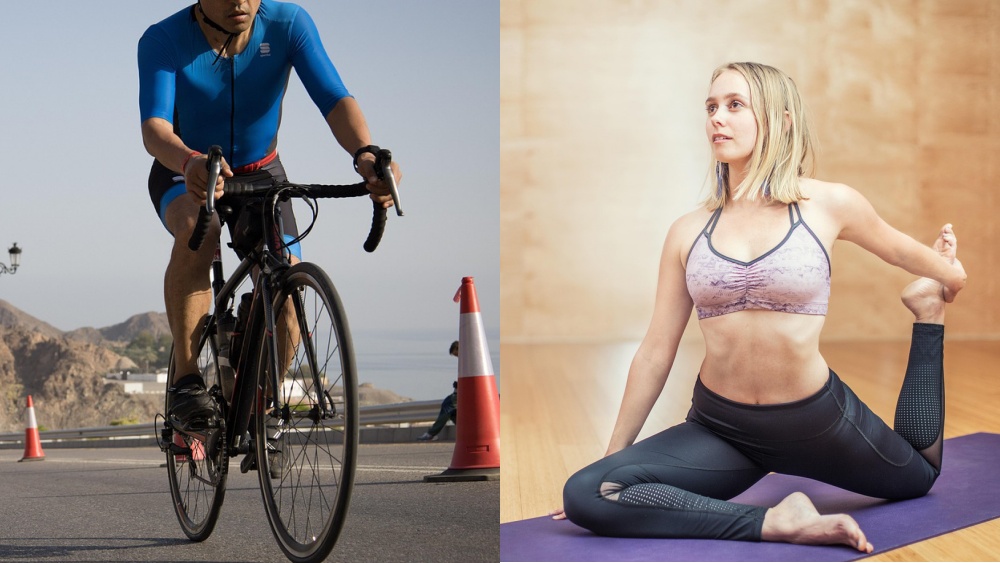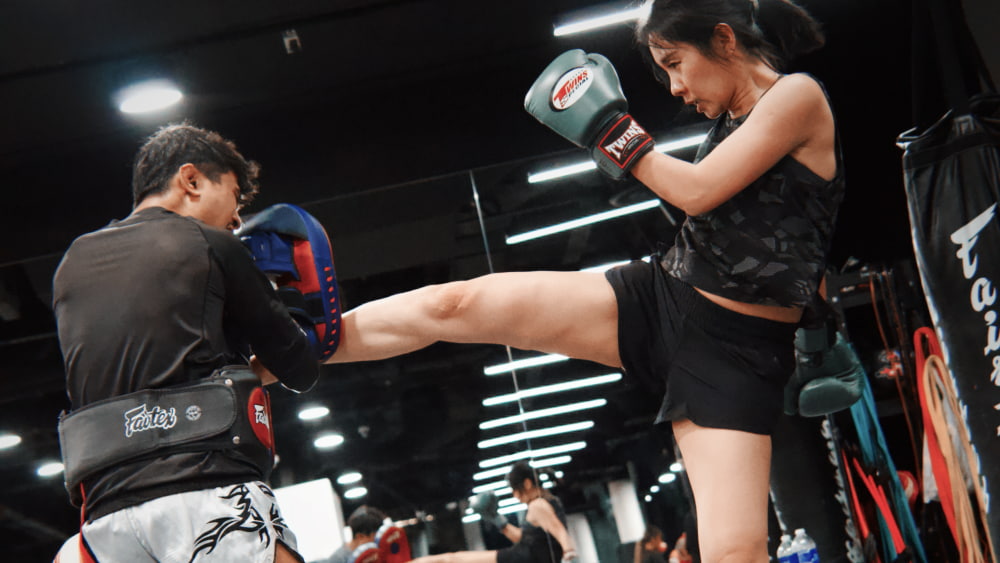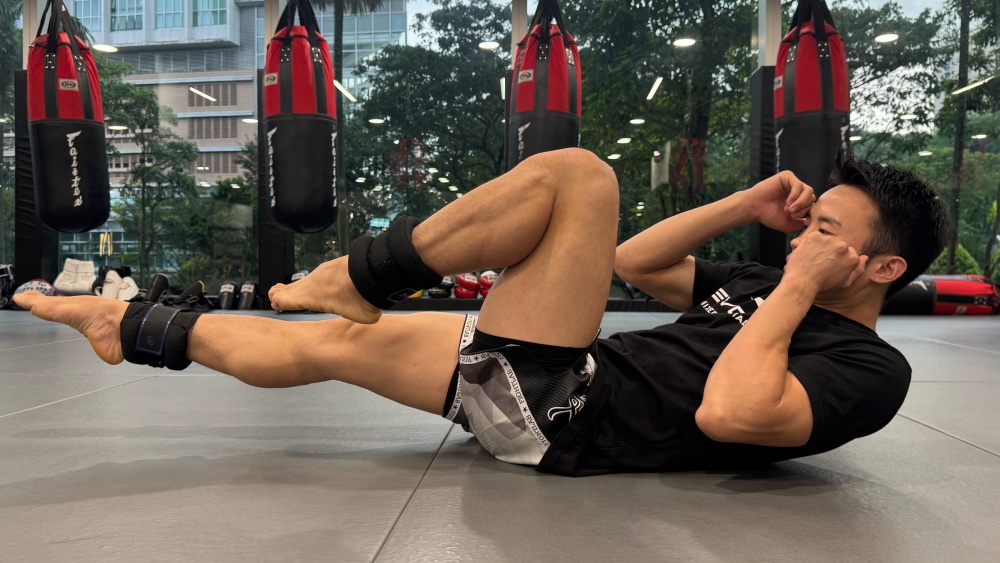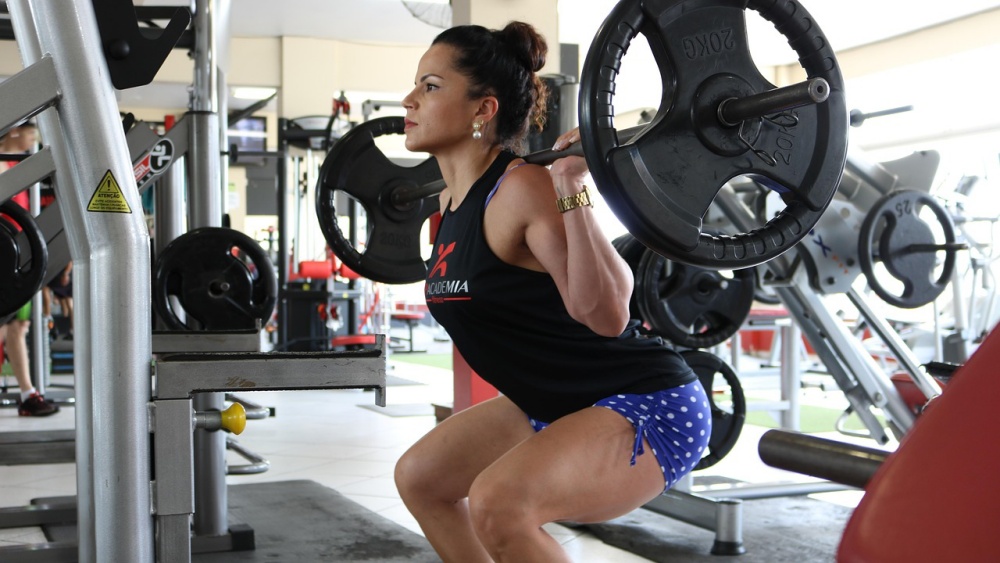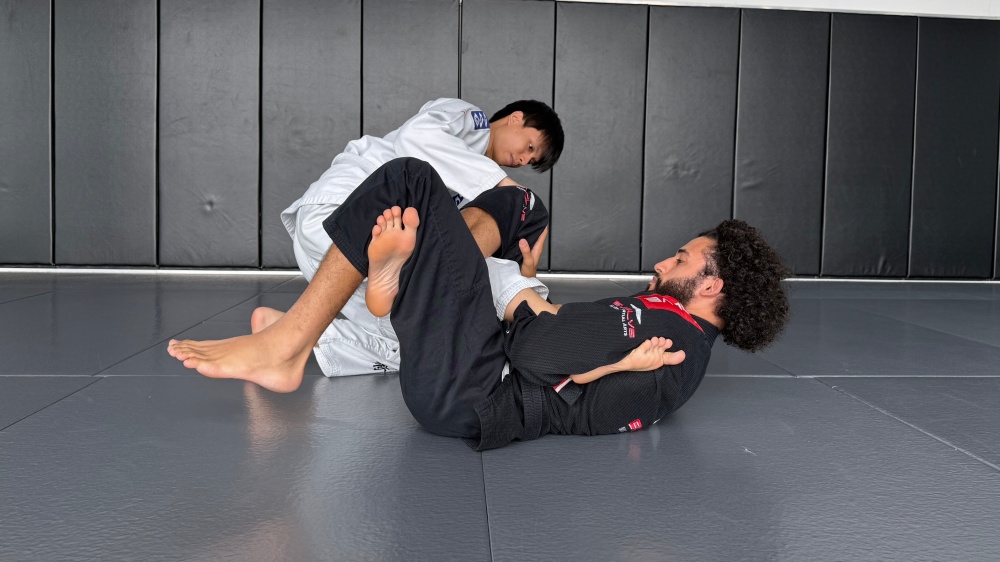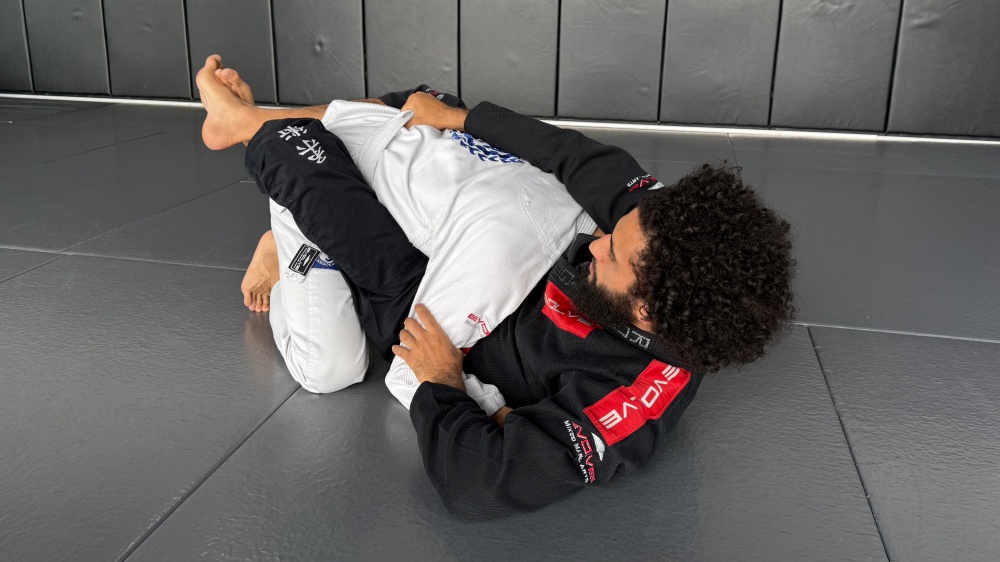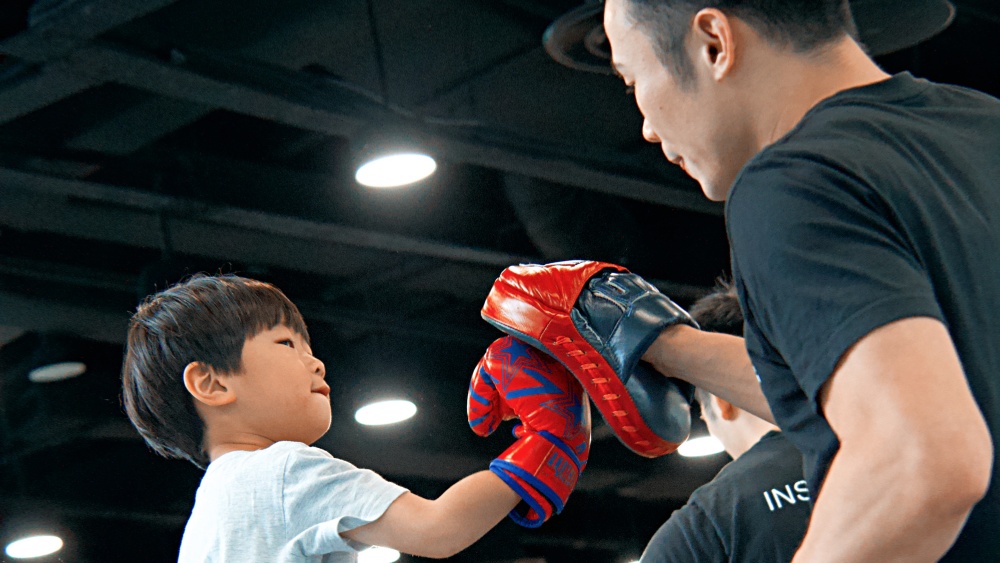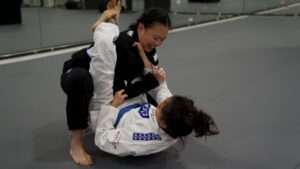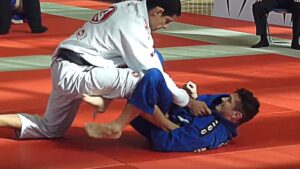Each year, millions of Muslims across the world celebrate Ramadan, a 30 day fast during the ninth month of the Islamic calendar. During this time, Muslims must abstain from all sorts of food and drink during daylight hours. Observing Ramadan means taking the time to reflect on one’s blessings, increase self-discipline and remembering the dire circumstances of the less fortunate. For those celebrating Ramadan, it is also a time of self-reflection and evaluation of life in terms of faith.
During sahur (meal before sunrise) and iftar (meal after sunset), most families prepare a large variety of dishes — sometimes up to 10-12 at a time! Because of these celebrations (and shift in sleeping schedules), many people tend to neglect their exercise habits as well, citing tiredness and sluggishness as reasons. There’s no doubt that these meals and lack of exercise promotes unhealthy habits, which could eventually lead to severe health problems such as diabetes and obesity if one isn’t careful.
Wondering how to stay healthy during Ramadan? Today, Evolve Daily shares 7 ways to stay healthy and fit during the Ramadan season:
1) Plan ahead

Make sure that you’ve mapped out your training schedule accordingly. For example, if you’re used to training Muay Thai or BJJ during your lunch break, move it to the evening — before iftar. This gives you the chance to re-hydrate after and recover. You can also plan your meals and choose healthier alternatives as opposed to the rich curries and fried food typically served during iftar.
2) Don’t stop training!
Just because you’ve stopped eating and drinking during the day doesn’t mean that you should stop working out too. Because you’ve been training and exercising often, you should already know how far you can push your body’s limits. Stopping your training could lead to weight gain as well as strength and muscle loss. You might also have to rebuild your cardio again, which could take time. Don’t throw away all the hard work you’ve put in!
3) (Try to) eat clean
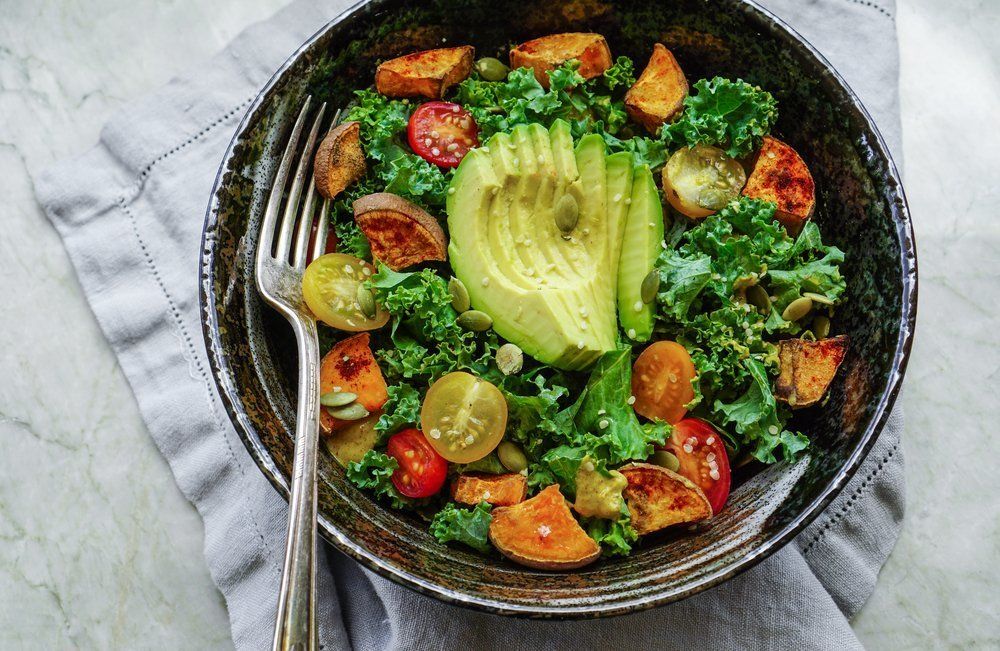
Often times, people tend to indulge and eat as much food as they can to make up for the lack of food intake during the day. They also feel that celebrating Ramadan serves as an excuse to eat whatever the want. Thinking this way could affect everything you’ve worked for up to this moment. Continue eating healthy, just like you would on a regular day. Stay away from processed food and food with high sugar content. Instead, opt for meals with low sugar, high complex carbohydrates and protein. By choosing these healthier alternatives, you’ll stay satiated longer, curbing cravings and hunger pangs.
4) Have some fruit

If you’re training hard or working out during Ramadan, you’ll need to eat food that replenishes you. Fruits are an excellent source of natural sugar and vitamins, giving you that much needed burst of energy. Remember, you need to replace your lost salts from being dehydrated all day. If you don’t have any fruit at home, you can also opt for isotonic drinks to revitalize you.
5) Get enough rest

Getting enough sleep during Ramadan is a problem for most people. If you train martial arts on a regular basis, sleep is critical for success. If you are sleep deprived, you will most likely feel weak during your training session. Sleep deprivation could also lead to high levels of fatigue during the day as well as unwanted weight loss or weight gain. To remedy this, try to stick to a regular schedule so that your body knows when it should be resting and when it should be active. If you can, take a quick power nap (10-15 minutes). This will help you feel energized and ready to face the rest of your day.
6) Train properly
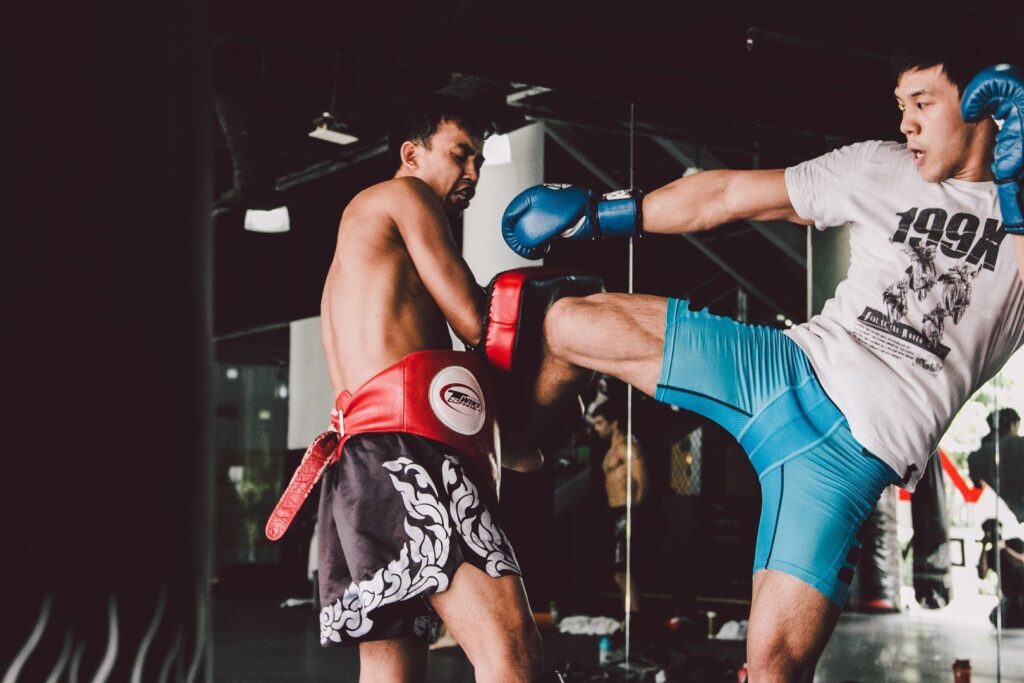
Nobody knows your body better than you, so when your body feels weak and tired, maybe its time to cut back your exercise routine a bit. You can scale down your schedule or skip the strength and conditioning classes you’ve been taking to supplement your martial arts training. By being realistic about your training schedule, you’re also avoiding injury and fatigue.
7) Hydrate!
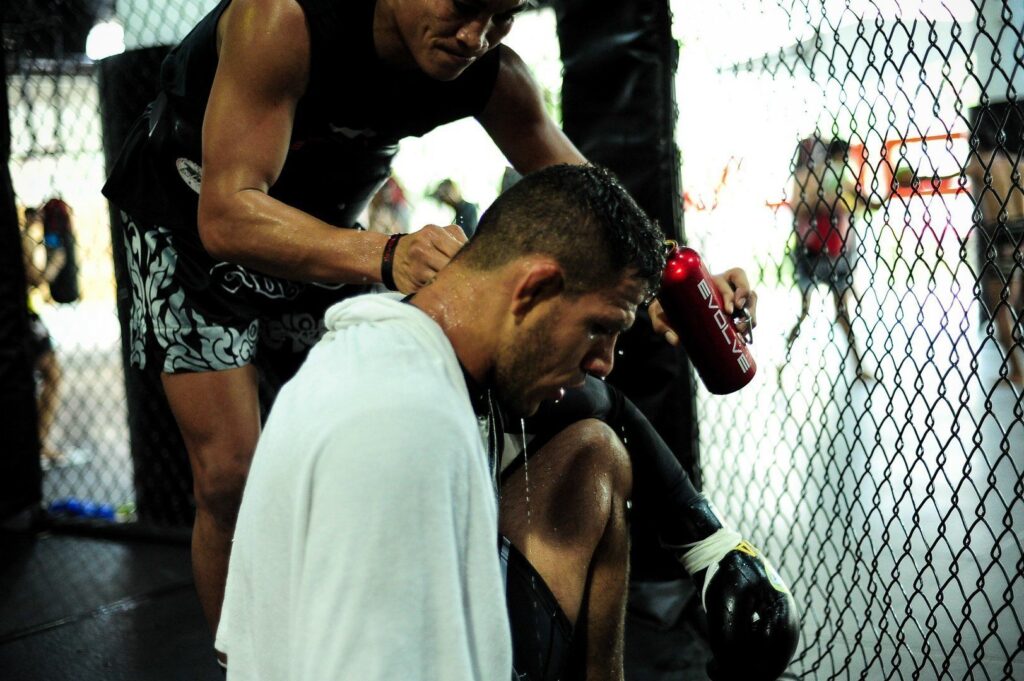
During a time where being tired and fatigued is common, water hydration is especially important. If you train on a regular basis, hydration is one of the biggest challenges you might face. Drinking around 2 litres of water upon waking up and continuous water intake after iftar is the best way to stay hydrated, especially if you are active. A good gauge for dehydration is the color of your urine. The clearer your urine is, the more hydrated you are. By staying hydrated, you can keep the intensity of your workouts without feeling as tired. It will also keep you from overeating and binging during suhur and iftar.
Although staying fit during Ramadan may be a challenge, it is important that we must try our best to persevere. Indeed, it requires far more discipline and moderation as compared to our regular routines but with enough motivation and willpower, anything is possible.
